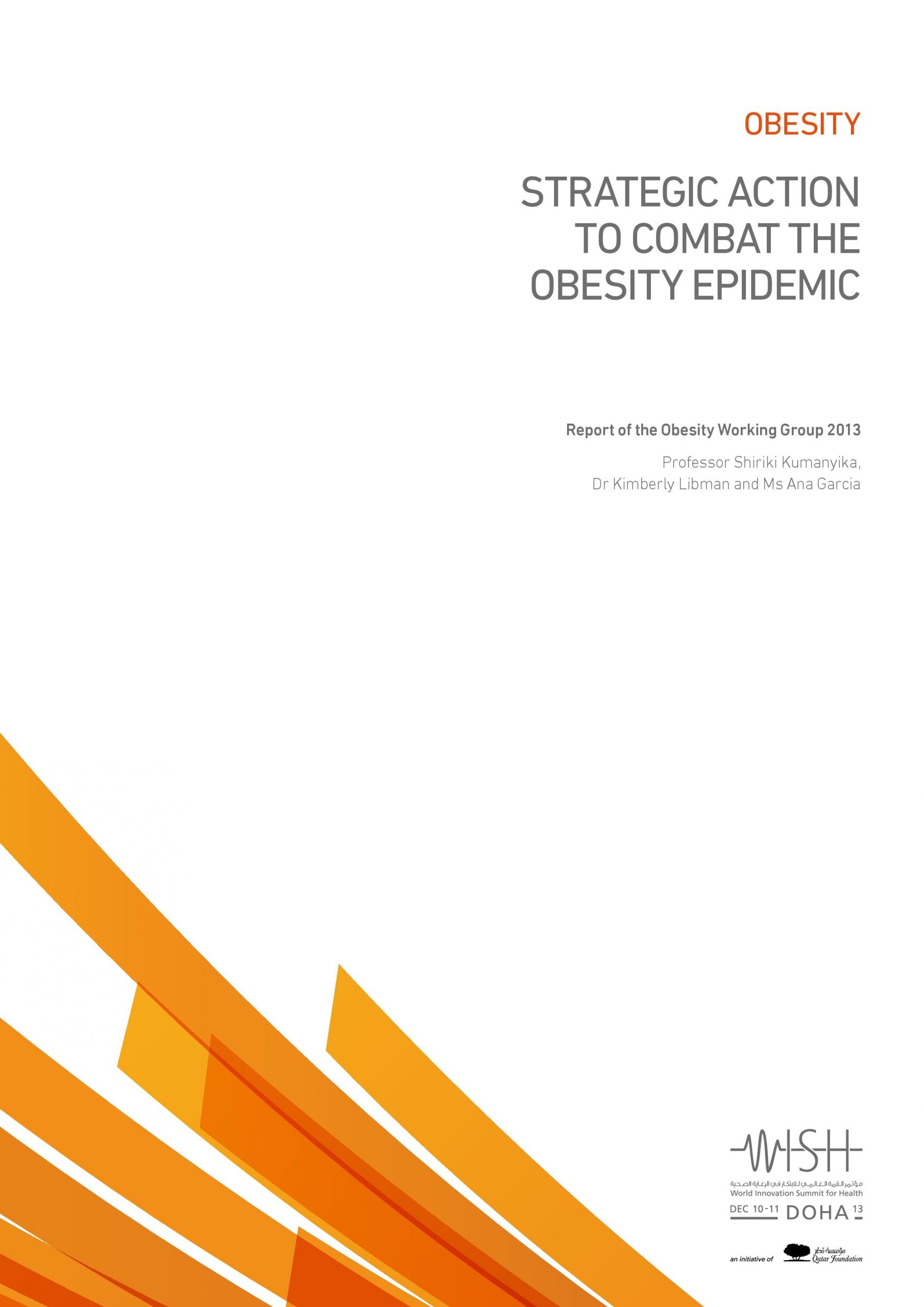Shiriki Kumanyika
Shiriki Kumanyika, PhD, MPH has an interdisciplinary background and holds advanced degrees in social work, nutrition, and public health. She is a professor of epidemiology (Departments of Biostatistics and Epidemiology and Pediatrics (Nutrition)), senior scholar in the Center for Clinical Epidemiology and Biostatistics, and the associate dean for health promotion and disease prevention at the University of Pennsylvania Perelman School of Medicine. She is also Senior Advisor to Penn’s University-wide Center for Public Health Initiatives. Dr Kumanyika has served as principal investigator or co-investigator on several randomized multi-center and single-center clinical trials related to diet, obesity, weight control, and cardiovascular disease risk. She is currently studying factors associated with success among African American participants in weight control programs and influences of food marketing environments on African American food purchasing behaviors. Dr Kumanyika has served on numerous advisory or expert panels related to nutrition and chronic disease research and policy, both nationally and internationally, and chairs the Institute of Medicine Committee on Prevention of Obesity in Children and Youth. She is founder and chair of the African American Collaborative Obesity Research Network (AACORN).

